75th birthday of the Plitvice Lakes National Park
The Plitvice Lakes National Park has been welcoming nature lovers from around the world for 75 years now, establishing itself as a favourite natural oasis.
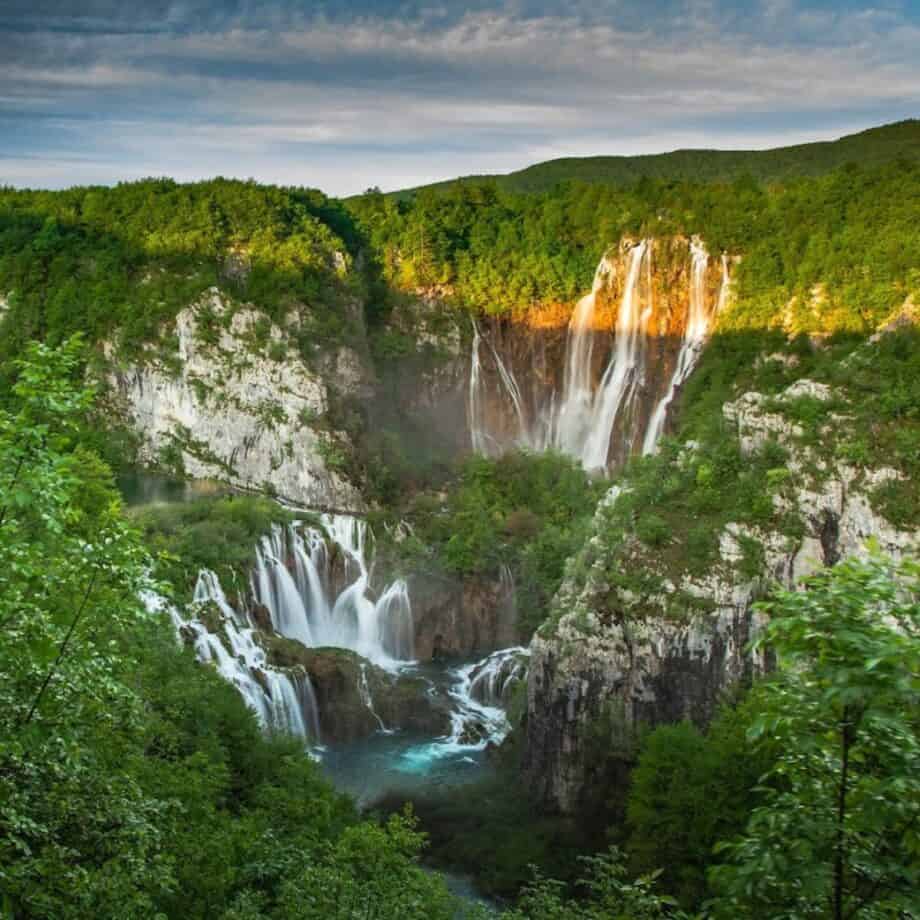
The Society for the Arrangement and Beautification of Plitvice Lakes was established in Zagreb in 1893 with the aim of creating opportunities for visitors and preserving this wonderful environment. This organisation contributed significantly to the promotion of the Plitvice Lakes both in Croatia and abroad. Their first initiative to grant national park status to the Plitvice Lakes dates back to 1925! During the interwar period, the academic Ivo Pevalek tried to bring attention to the necessary preservation of the lakes and leveraged his career and reputation to protect the Plitvice Lakes. Ivo Pevalek, an unforgettable explorer of flora whose passion towards the natural world inspired many generations, played a crucial part in the establishment of the Plitvice Lakes National Park. In his lectures, which he started giving in the 1920s, he always emphasised the need to protect this natural gem. His own words: “There are many waters, lakes, waterfalls and forests around the world―but there are only one Plitvice Lakes!” clearly illustrate the uniqueness and distinctiveness of the Plitvice Lakes, a source of pride for us all. Thanks to his dedicated work, the Plitvice Lakes were declared a national park, the first one in Croatia, on 8 April 1949.
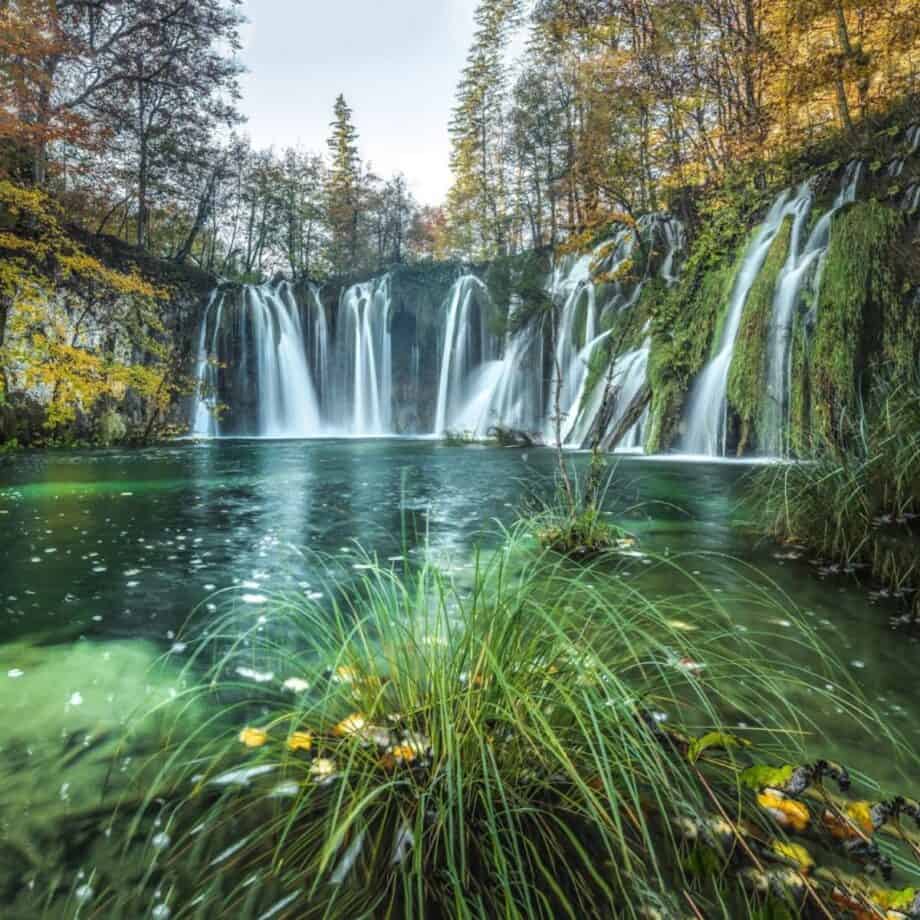
In 2024, we are celebrating a double anniversary – 75 years since the declaration of a national park and 45 years since it was entered on the UNESCO World Heritage List, and we pay tribute not only to the immeasurable beauty and value of the Plitvice Lakes, but also to all the efforts made to preserve them.
The lake system of the Plitvice Lakes is made up of 16 lakes identified by name and many smaller ones, lined up in cascades, which create a true wonder of nature. Because of the combination of the geological substrate and the distinct hydrogeological conditions, the lake system is divided into the Upper and the Lower Lakes.
45th anniversary of Plitvice Lakes on the UNESCO World Heritage List
This year, Plitvice Lakes National Park celebrates the 45th anniversary of its UNESCO World Heritage status. The continuing process of tufa formation, which creates tufa barriers and lakes, is a unique universal value, which is why the Plitvice Lakes National Park received international recognition by being included in the UNESCO World Heritage List on 26 October 1979. This area is among the first in the world and the only one in Croatia to be added to the List for its natural values.
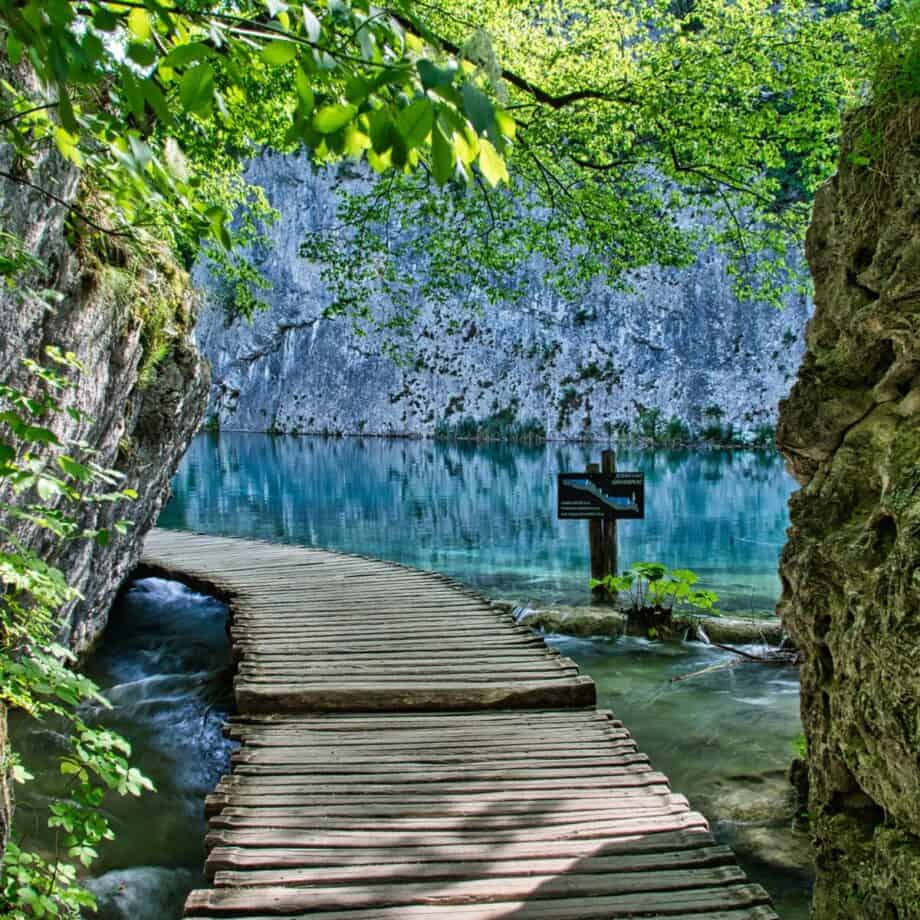
For areas to be added to the UNESCO World Heritage List, they must represent unique universal values, which is proven by meeting at least one out of a total of 10 criteria. Each criterion is described in detail and, even though meeting one criterion is enough to be added to the list, areas often meet more than one. The criteria which the Plitvice Lakes National Park has met to be added to the List are criteria no. (vii), (viii) i (ix).
The vision for the oldest and largest national park in Croatia definitely includes a future in which the Park is still a part of UNESCO world heritage, which involves preserving its unique universal values and the criteria which describe them. It is extremely important to recognise the Plitvice Lakes as natural heritage of immense importance both for Croatia and the whole world.
Natura 2000
Natura 2000 is one of the most important EU initiatives for environmental conservation, a network of protected areas and habitats which are key to the survival of rare and endangered species all across Europe. This impressive network was created based on Directive on the conservation of natural habitats and of wild fauna and flora and the Directive on the conservation of wild birds for the purpose of preserving or restoring over a thousand rare and endangered species and around 230 natural and semi-natural habitats.
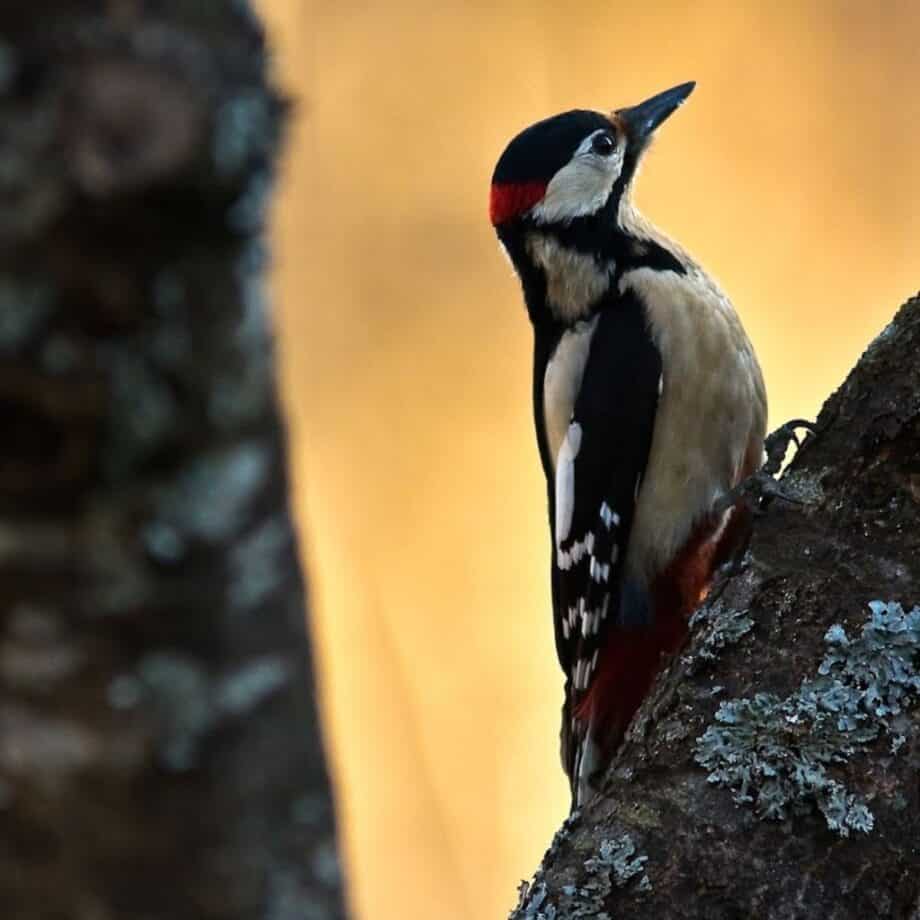
The Natura day is celebrated on 21 May each year to highlight the importance of this network and raise awareness of its necessary protection. The Natura 2000 network includes over 26,000 areas covering around 1,200,000 square kilometres, making it the largest network of its kind in the world. One of the significant areas included in the Natura 2000 network is the Plitvice Lakes National Park, a home to 21 bird species, 28 animal and plant species, and as many as 20 target habitat types. Thanks to the management efforts and activities of the Park staff, these habitats and species are guaranteed long-term survival.
Monitoring
Monitoring at the Plitvice Lakes National Park plays a crucial role in the preservation of biodiversity and the natural environment. Different kinds of monitoring, such as the monitoring of saproxylic beetles, swallows and house martins, woodpeckers, owls and bats, allow the Park staff to gather vital information about the state of these animals and about their behaviour.
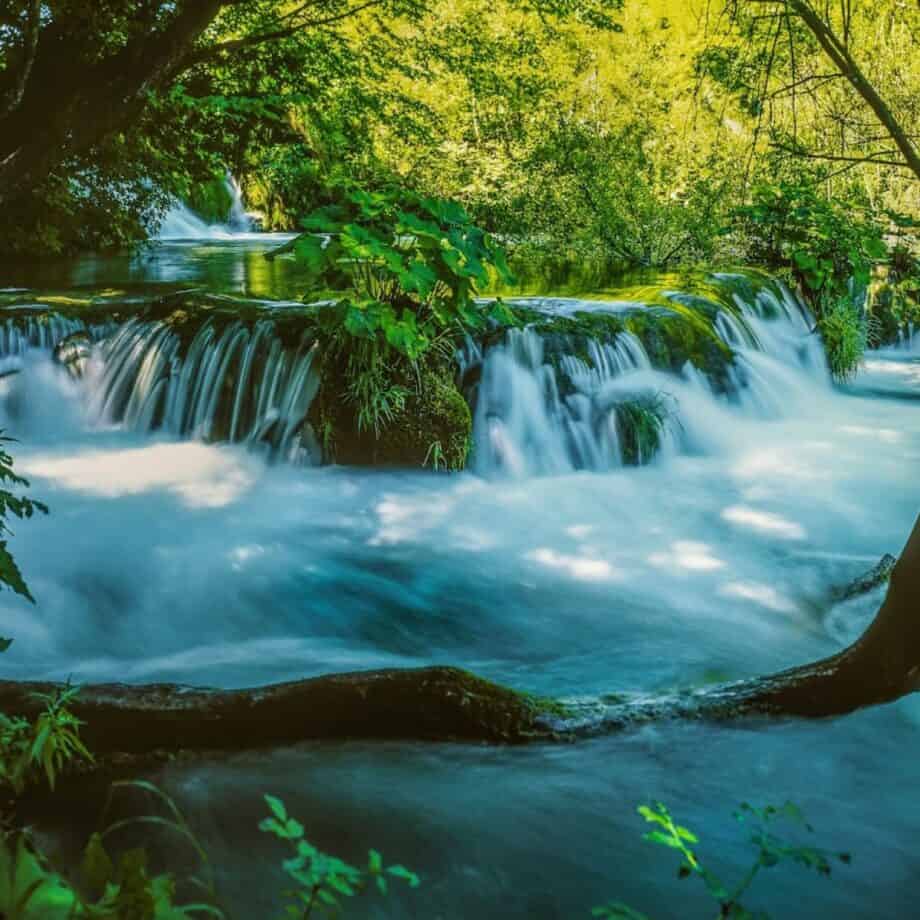
Another very important monitoring activity is the monitoring of water quality indicators, eutrophication indicators and tufa formation indicators, which is carried out once a month in accordance with scientific research recommendations at multiple stations. Employees of the Department of Protection, Maintenance, Safeguarding, Promotion and Utilisation of the Plitvice Lakes National Park actively partake in these activities to ensure the sustainability of the ecosystem and to protect the natural resources of the Park. Based on systematic monitoring, the Plitvice Lakes National Park can make well-informed decisions on management and protection, thus contributing to the long-term sustainability of this precious natural area.
EUROPARC Federation
The EUROPARC Federation is an organisation of almost 400 members from 38 countries who mostly represent protected areas in Europe. The activities of the Federation are funded through membership fees and project, and these activities are overseen by a 10-member Council and a President. All projects and programmes, as well as the day-to-day management of the organisation, are managed by the Directorate in Regensburg (Germany) and Bruxelles (Belgium). The organisation is divided into 8 sections for exchange of experience, and the network of cross-border areas encourages collaboration.
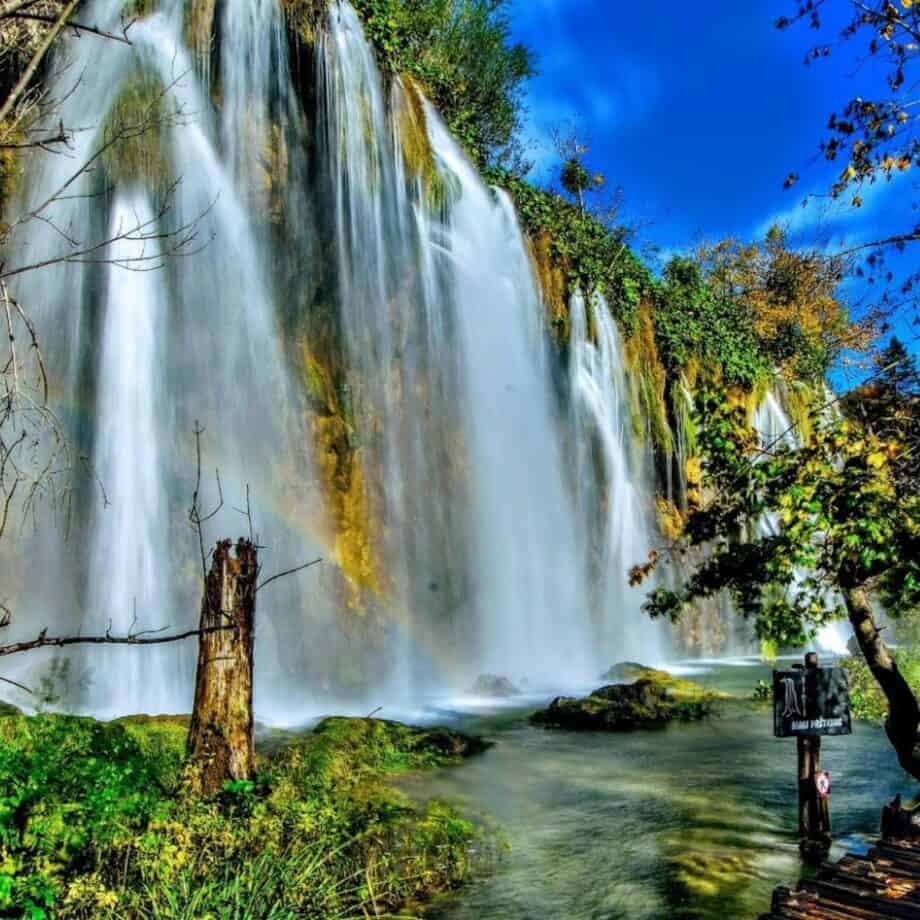
Since it was established in 1973, EUROPARC has been promoting sustainable tourism and different programmes such as the Young Rangers. The Plitvice Lakes National Park is a vital part of EUROPARC. In 1976, an important EUROPARC assembly meeting was held at the Plitvice Lakes National Park. Collaboration between the Park and EUROPARC is well-established and has been going on for many years, mainly in the form of conferences, workshops, and exchanges of experience and know-how in managing protected areas. The 50th anniversary of EUROPARC was celebrated in 2023 in Holland. Many members attended, and the role of young people was in special focus. Scholarships and medals were awarded, and the e-book “Nature Knows No Boundaries” was launched, celebrating both the past and the future of EUROPARC and protected areas. EUROPARC initiated the European Day of Parks, celebrated on 24 May. This day highlights the importance of environmental conservation and promotes the values of protection within the local communities and to the wider public. Its purpose is to bring people closer to nature, to raise awareness on the importance of preserving our natural environment, and to promote sustainable management of protected areas.
Did you enjoy this article?
Receive similar content direct to your inbox.

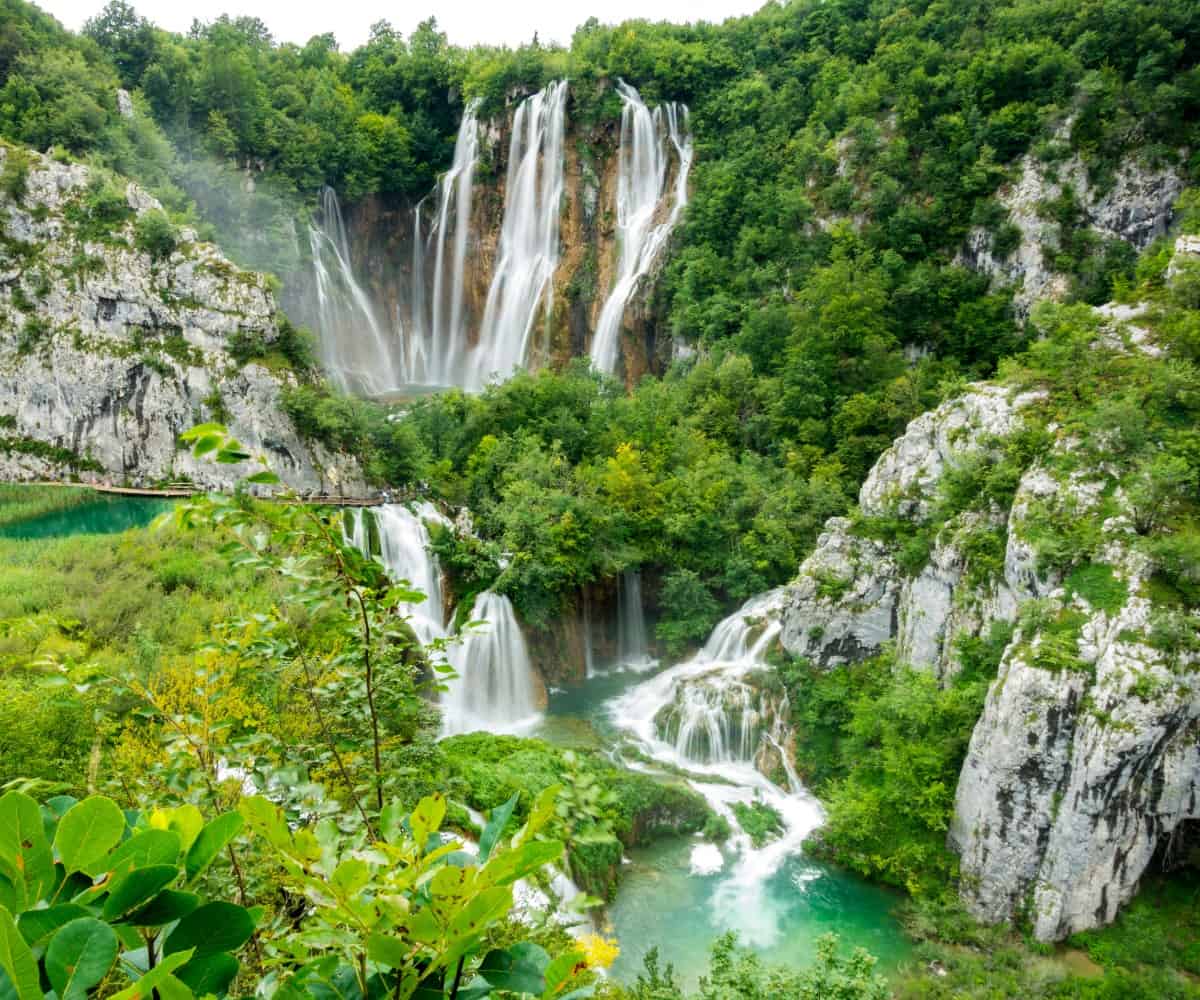


That plan for the Beautification of the Plitvice Lakes, set up way back in 1893, was way ahead of its time, very enlightened for those days. We’re fortunate that the Olitvice environment has been taken care of for all those years.
Dear Tim, thank you for your nice comment. Yes, we are very fortunate that they were enlightened and eager to protect the Plitvice Lakes environment for future generations. We hope that you will visit us and enjoy the beauty of the Park by yourself. :) Regards from Plitvice Lakes National Park!
Now that I think about it, it is obvious that there have to be criteria to get on to the UNESCO World Heritage List. Interesting to learn about the selection process.
Dear Stephen, thank you for your comment. We are glad that you find our blog interesting. We hope that you will visit us and discover the beauty of the Park by yourself. :) Regards from Plitvice Lakes National Park!
Happy Birthday to Plitvice. I wish I was there to help with the celebrations as it looks so stunningly beautiful.
Dear Carolyn, thank you very much. We hope that you will visit us and enjoy the splendor of the Park by yourself. :) Regards from Plitvice Lakes National Park!
All very impressive. Here’s to the next 75 years and hopefully long beyond.
Dear Nick, thank you for your lovely comment and wishes. We hope that you will visit us and enjoy the beauty of the Pak. :) Regards from Plitvice Lakes National Park!
Are there going to be any special events to celebrate the 75th anniversary?